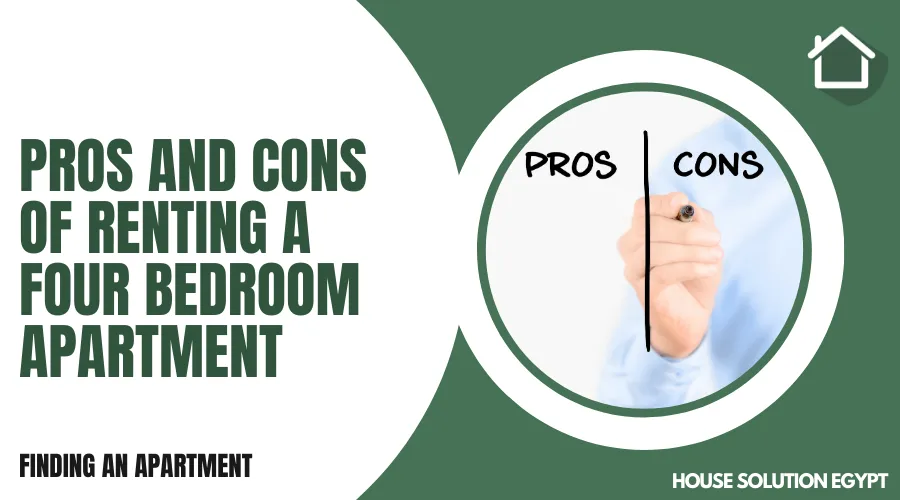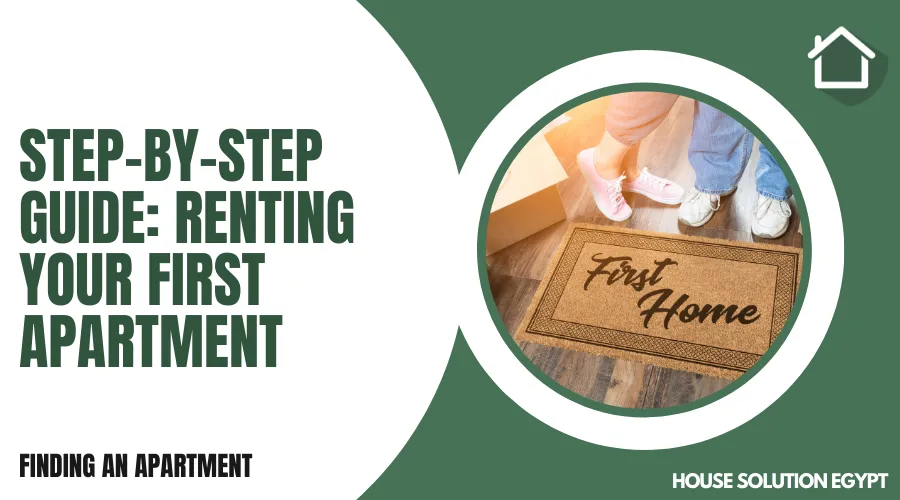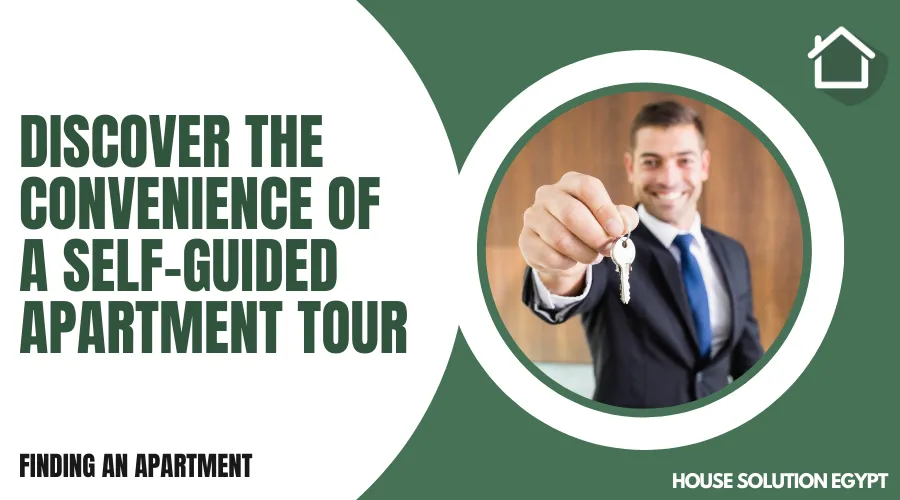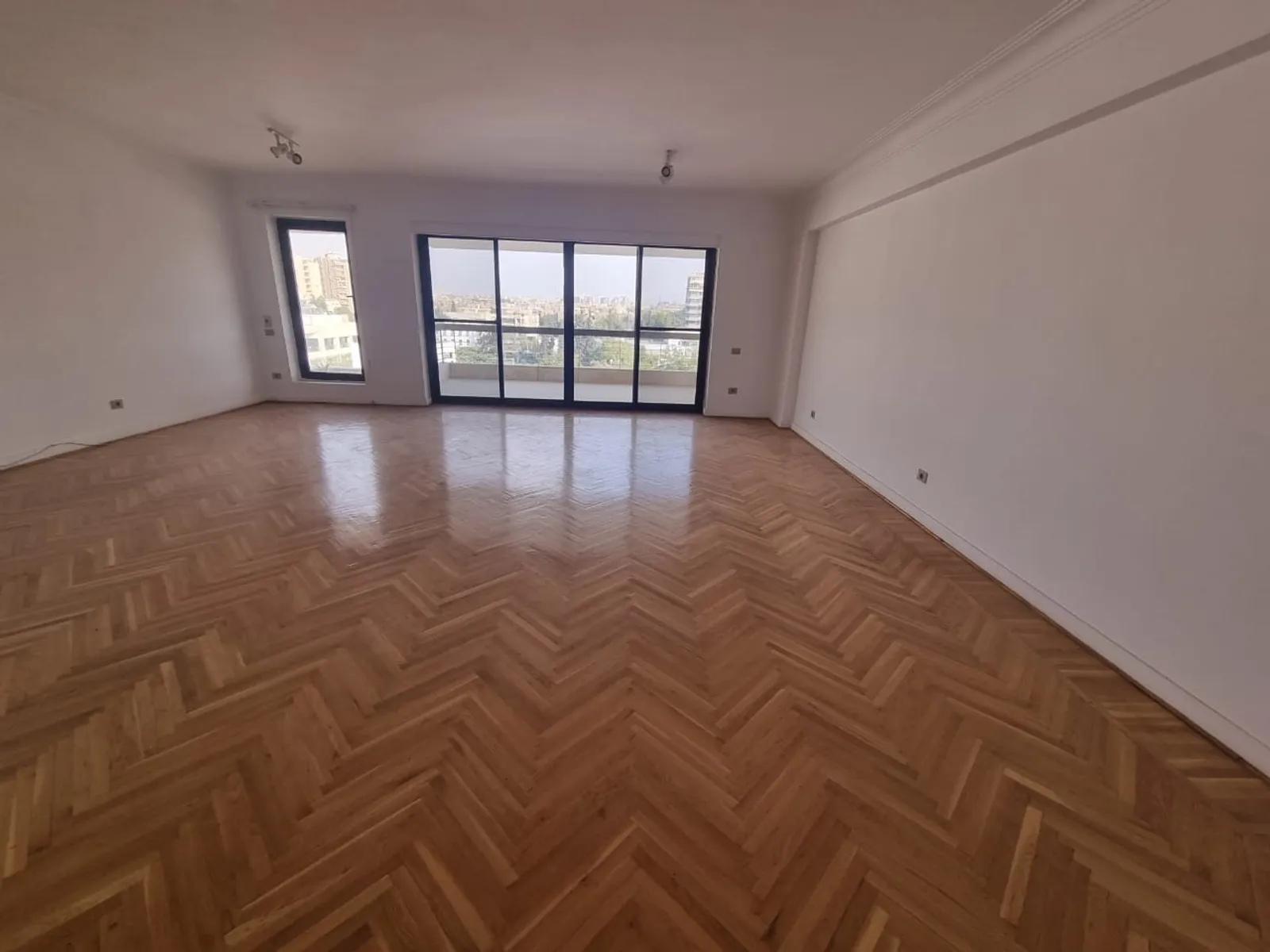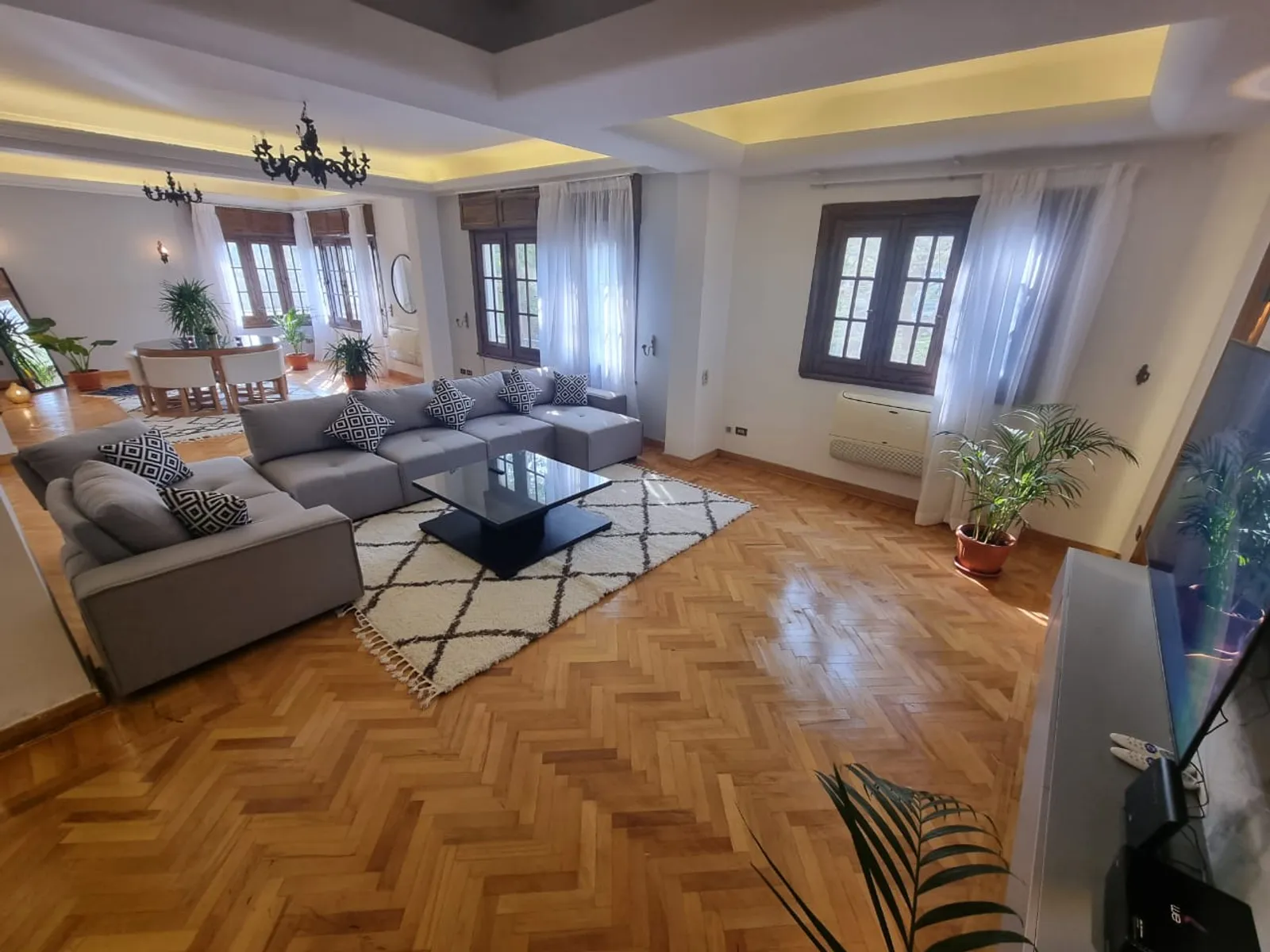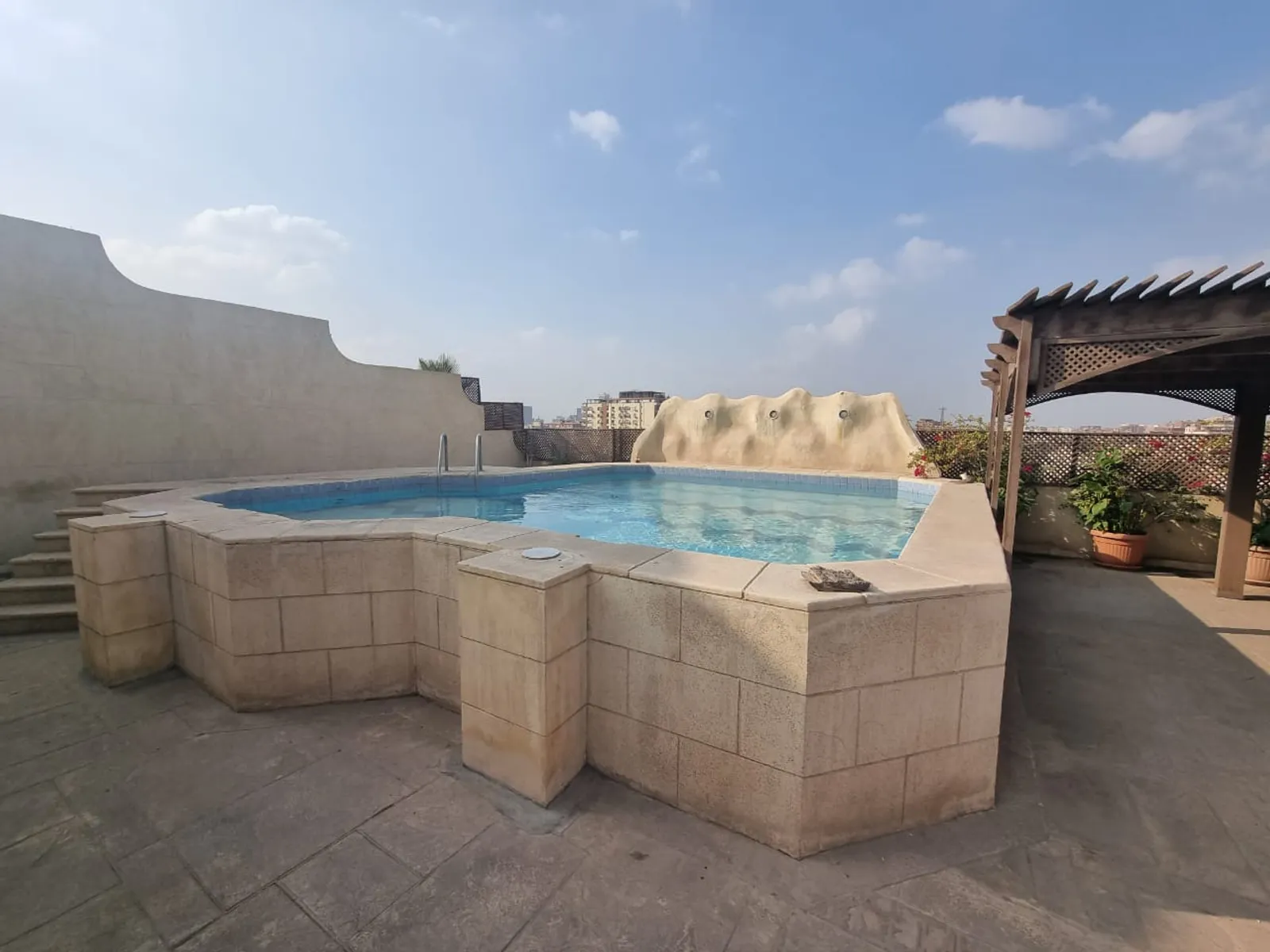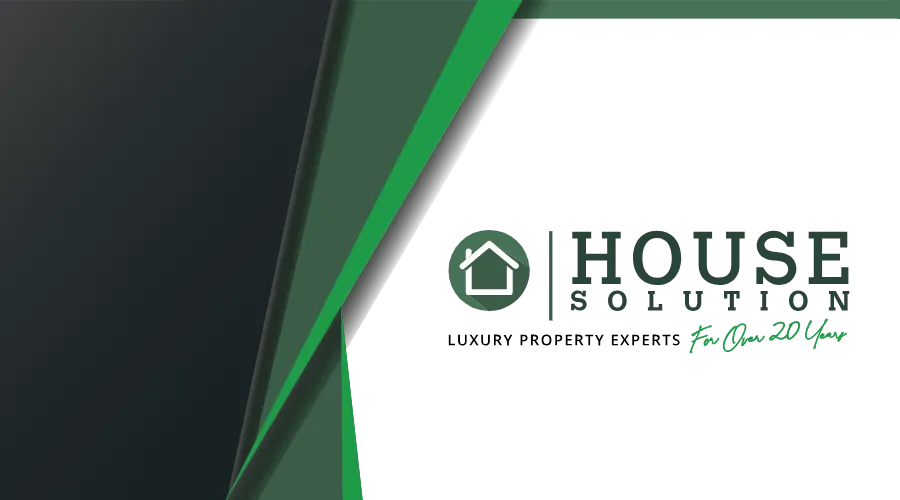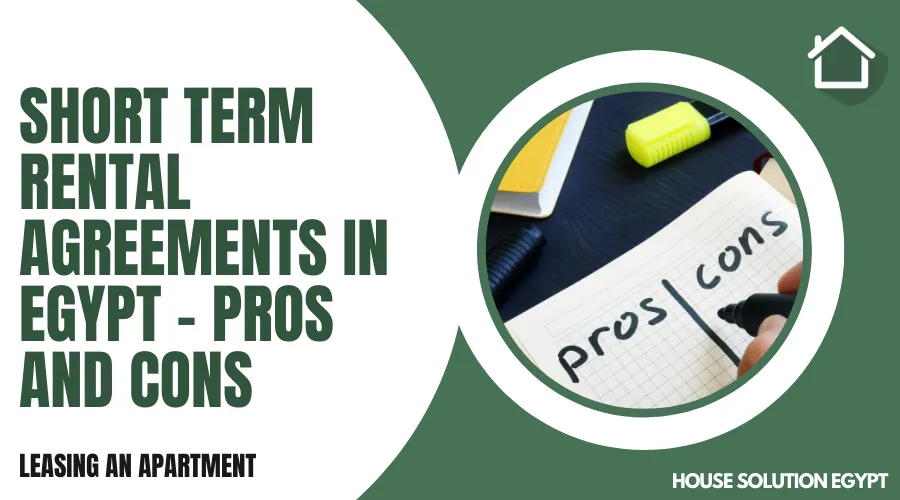TEN VITAL QUESTIONS YOU MUST ASK BEFORE RENTING FROM A PRIVATE LANDLORD
Finding an Apartment|6.2 MIN READ|Updated on: 14 June 2024|Written by: Marwa Samir
Renting from a private landlord has become popular today due to its ease of access and affordability. While it may seem like an easy way to get a roof over your head, there are vital questions that you must ask before signing any lease agreement with a private landlord. These questions will help you understand the terms and conditions of the lease, protect yourself from any potential legal issues, and ensure that you get value for your money.
It is essential to know what type of lease agreement you are signing up for. Some landlords offer month-to-month leases while others require long-term commitments. Knowing this helps you prepare financially and mentally for the duration of your stay in the rental property. Find out what utilities are included in your rent payment - this can significantly impact how much money you will need to set aside each month for living expenses. Ask about maintenance policies and procedures as well as who to contact in case of an emergency situation such as plumbing or electrical problems – this ensures that such issues are dealt with promptly without causing undue stress or inconvenience on your part.
Question 1: Rent Amount & Security Deposit
One of the primary concerns when renting a property from a private landlord is the amount of rent and security deposit required. It is essential to understand these costs upfront to ensure you can afford them and avoid any surprises later on. Typically, landlords ask for a security deposit that covers damages or unpaid rent during your tenancy period. The amount varies based on factors such as location, size, and condition of the property.
When it comes to the rent amount, make sure you clarify whether utilities are included or not. This can significantly impact your monthly expenses, so it's crucial to know in advance. You also need to ask if there will be any increases in rent after a certain period and by how much. Understanding all these details will help you prepare financially and plan accordingly for your future expenses while living at the rental property.
Question 2: Lease Terms & Length
Knowing the lease terms and length is crucial when renting from a private landlord. As a tenant, you need to make sure that you understand what you are getting into and protect your rights. First, consider the lease term duration - this refers to how long the lease agreement will last. Some landlords require tenants to sign a 12-month lease agreement while others may offer month-to-month leases.
It is essential to read through the entire lease agreement before signing it as it outlines vital details such as rent payment schedules, late fees, notice periods for terminating leases early or renewing them, and maintenance obligations for both parties. Additionally, some landlords may require a security deposit or first and last month's rent upfront before moving in.
If you have any questions or concerns about the lease terms and length of your rental agreement, do not hesitate to ask your landlord upfront. It is better to clarify any doubts beforehand rather than get into an unpleasant situation later on when there is already an issue at hand. Remember that being informed about your rights as a tenant can help prevent misunderstandings with your landlord down the line.
Question 3: Acceptable Payment Methods
When renting from a private landlord, it is crucial to know which payment methods are acceptable. Most landlords will have their preferred payment method, but they may be open to alternative options. Some landlords may only accept cash or checks, while others may allow electronic payments such as bank transfers or PayPal.
It is important to clarify with the landlord what forms of payment they accept before signing the lease agreement. Additionally, renters must understand any additional fees that come with certain payment methods. For example, some landlords may charge a processing fee for electronic payments.
Renters should also ensure that they receive a receipt or confirmation for any payments made. This documentation can help protect renters if there are ever any disputes over payments in the future. Overall, understanding and following the acceptable payment methods set by a private landlord is essential for maintaining a positive rental experience.
Question 4: Maintenance Responsibilities
Maintenance is a critical aspect of renting from a private landlord. Before you sign the lease agreement, make sure you know who is responsible for maintaining the property. Typically, the landlord has the responsibility of keeping the rental unit in good condition and making repairs when necessary. However, some landlords may require tenants to handle minor maintenance tasks such as changing light bulbs or air filters.
It's essential to clarify what kind of repairs are covered and who pays for them. Many landlords have clauses that state tenants should report any damages immediately but will not be liable if they are not notified promptly. Therefore, it's crucial to keep track of any damaged or malfunctioning appliances in your rental unit and report them promptly.
If your landlord doesn't follow through with their maintenance responsibilities, you can take legal action against them depending on your local laws. Always ensure that you understand all clauses related to maintenance responsibilities before signing any agreement with a private landlord.
Question 5: Subleasing Rules
Subleasing can be a great option for renters who need to move out of their rental unit before their lease term ends. However, it's important to know the subleasing rules that apply to your specific situation. In most cases, subleasing is only allowed if it's explicitly stated in the lease agreement. Even then, there may be restrictions on how long the sublease can last and who is eligible to sublease.
Before you decide to sublease your rental unit, make sure you've reviewed all relevant laws and regulations in your area. Some states require landlords to allow tenants to sublet their units unless there is specific language in the lease prohibiting it. Others give landlords more discretion over whether or not they want to allow subleasing at all.
Remember that as a tenant who is subleasing your unit, you are still ultimately responsible for any damage or unpaid rent that occurs during the sublease period. Make sure you have a clear agreement with your potential subtenant regarding these responsibilities before agreeing to let them move in.
Question 6: Pets & Smoking Regulations
Pets and smoking can be two significant points of contention between landlords and tenants. Private landlords are free to set their own policies, so it's important to understand their rules before signing a lease.
When it comes to pets, some landlords have strict no-pet policies, while others may allow certain types of animals with additional fees or deposits. It's important to disclose any pets you have upfront and get written confirmation from the landlord that they are allowed on the property. Be sure to also ask about any restrictions, such as weight limits or breed bans.
Smoking regulations can vary greatly depending on the landlord's preferences. Some may prohibit smoking inside the rental unit altogether, while others may allow smoking but only outside in designated areas. It's crucial to know these rules ahead of time if you're a smoker or if you have concerns about secondhand smoke exposure. If there are specific smoking areas outside, make sure they are conveniently located for your use and won't disturb neighbors or other renters.
Question 7: Parking Availability & Cost
Parking availability and cost are important factors to consider before renting from a private landlord. Depending on the location, parking can be a major issue for tenants who own vehicles. It is imperative to inquire about the number of available parking spaces, any restrictions on overnight parking, and whether there are designated spots for visitors. If street parking is the only option, it is essential to know if permits are required and how much they cost.
Additionally, some landlords may charge an additional fee for parking or include it in the rent amount. Inquire about this cost beforehand to avoid any surprises when moving in. It's also worth asking if there are any alternatives to paying for parking; perhaps there's a nearby public lot that offers monthly passes at a lower rate.
Overall, understanding the availability and cost of parking can make or break your decision when it comes to renting from a private landlord. Don't hesitate to ask questions and get all of the necessary information before signing a lease agreement.
Question 8: Utilities Included in Rent?
When renting from a private landlord, it's important to clarify which utilities are included in the rent. Some landlords include water, gas, electricity, and even internet and cable in the monthly rent payments. This can make budgeting easier for tenants since they don't have to worry about separate bills for these services.
However, not all landlords offer such amenities as part of the rent. Some may only cover certain utilities while others expect tenants to take care of everything on their own. In these cases, it's crucial to get a clear understanding of what you'll be responsible for so that you can plan your finances accordingly.
It's also worth noting that if utilities aren't included in the rent, tenants will need to set up accounts with utility providers and pay those bills separately each month. This can add an extra layer of complexity to managing expenses and should be factored into your decision when choosing a rental property.
Question 9: What's Included in the Unit?
When it comes to renting a property from a private landlord, one of the essential questions to ask is what's included in the unit. This question will help you understand what items you need to bring with you and what you can expect to have in your new home. Typically, most private landlords provide basic appliances such as a refrigerator, stove, and oven. However, some landlords may also include additional amenities like a dishwasher or washing machine.
It's important to clarify whether utilities are included in your rent payment or if they're separate charges added on top of your monthly fee. Some landlords include utility costs in the rental agreement while others require tenants to cover these expenses themselves. Additionally, it would be best if you asked about any maintenance responsibilities that come along with renting the apartment or house.
Don't forget to inquire about parking spaces or storage units that may come with the rental unit. These extras can make living more convenient and comfortable for tenants who want secure ways of storing their belongings or easy access to their vehicles at all times. By asking these questions before signing any lease agreements, renters can ensure they know exactly what they're getting into before committing themselves long-term financially and otherwise.
Question 10: Is Landlord Reputable?
When it comes to renting from a private landlord, it is essential to do your due diligence and ensure that the landlord is reputable. A reputable landlord will provide you with a safe and secure rental property, as well as timely repairs and maintenance when needed. The following are some ways you can determine if a landlord is reputable.
Check for any reviews or testimonials from previous tenants. Websites like Google Reviews, and social media platforms may offer some insight into what previous tenants have experienced with the landlord. If there are multiple negative reviews about the same issue such as unresponsive behavior or poor maintenance practices then it might be best to avoid renting from this particular landlord.
Ask for references from the prospective landlord. It's always good practice to call up previous tenants of the same building/property and inquire about their experiences while living under the current management team/landlord.
Verify that your prospective landlord has all necessary licenses and permits required by law in order to rent out their property(s). This will help ensure that they are legitimate landlords who operate within legal boundaries.
Conclusion
In conclusion, before renting from a private landlord, it is important to do your due diligence and ask the right questions. You need to know what you are getting into before signing any lease agreement. It's imperative that you ask about the rental costs, such as rent, utilities, and other fees like deposit or move-in fee. You also need to inquire about the length of the lease, and whether there is an option to renew.
Furthermore, it's essential that you find out about maintenance and repairs. Who is responsible for them? When will they be done? Knowing this information can help you avoid any disputes with your landlord down the line. Additionally, it's necessary to ask if there are any restrictions on pets or smoking if these things are important to you.
Overall, renting from a private landlord can have its advantages but before making any commitments ensure that all your concerns have been addressed so that you can make an informed decision. When in doubt don't hesitate to ask questions as this could save time and money in the long run.
